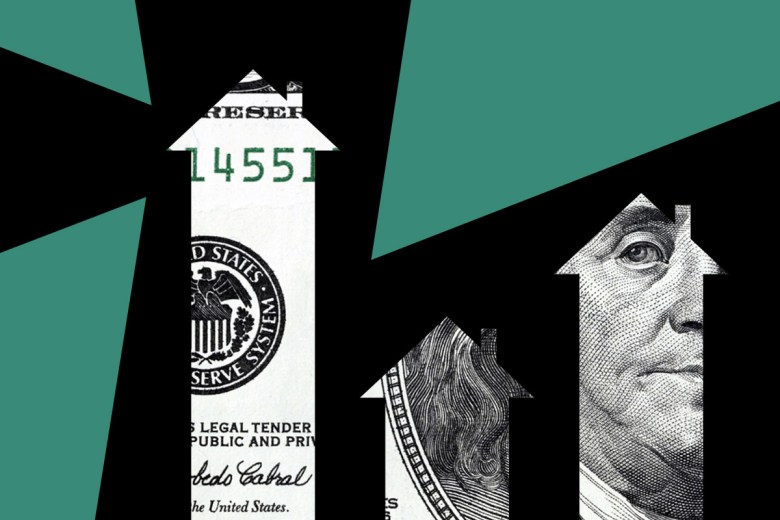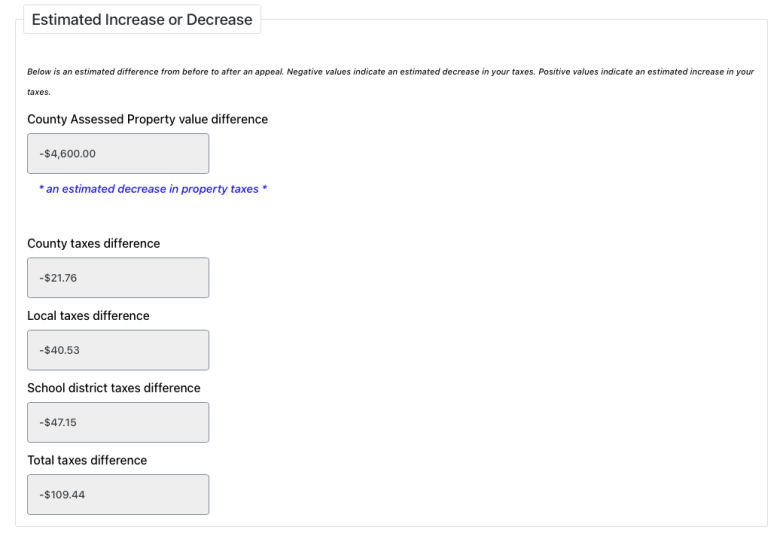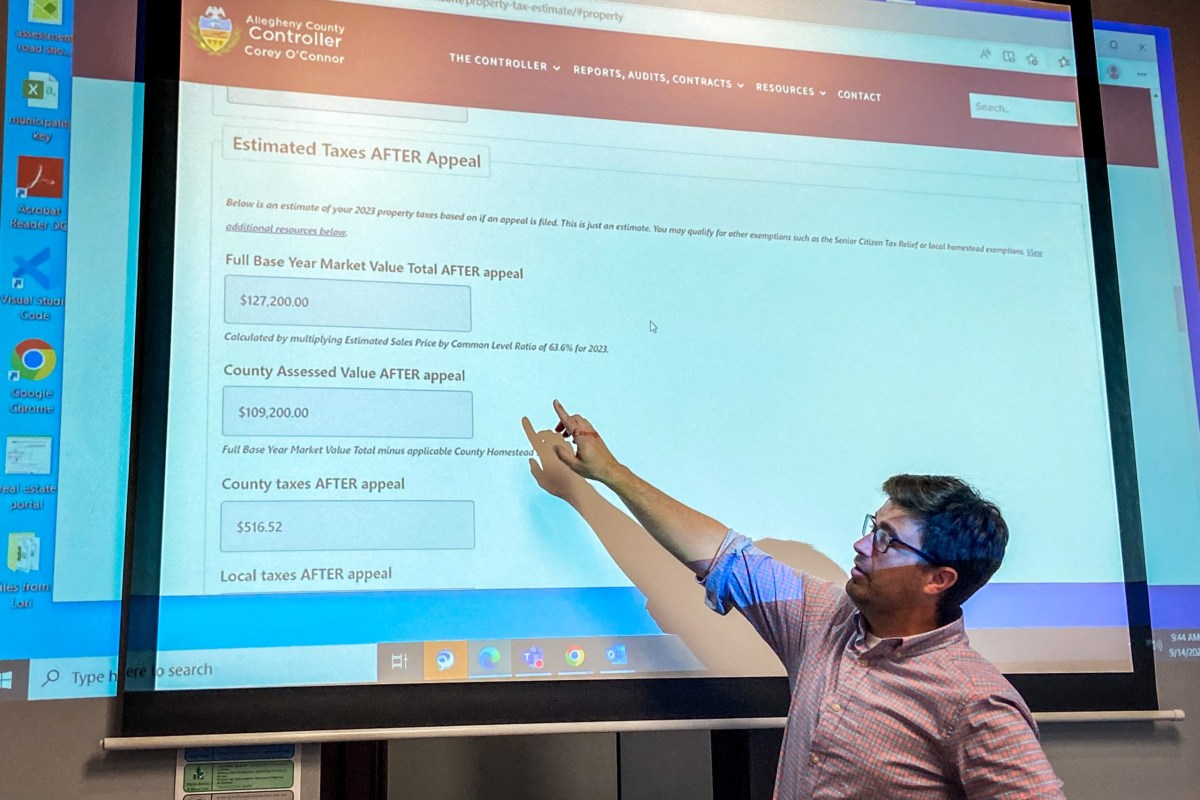
Unbalanced
How property tax assessments create winners and losers
Many Allegheny County property owners will soon have the opportunity to appeal and cut their taxes, and the county controller has released an online worksheet that suggests whether a given parcel could qualify for a shaved bill.
The county is in the midst of a courtroom battle with property owners and their advocates over the way assessments are calculated in the cases of more than 12,000 property tax appeals filed this year. Decisions made by Allegheny County Court of Common Pleas Judge Alan Hertzberg, which could result in lower 2022 tax bills for thousands of properties, have been appealed to the Commonwealth Court.
It’s unclear how that will end. But it’s nearly certain that many property owners will have a historic chance to reduce their tax bills next year.
That’s because a factor in the calculation of tax bills following appeals — known as the Common Level Ratio [CLR] — is about to plunge.
The CLR is used to roughly equalize the tax bills of properties reassessed recently and those last reassessed years ago. When property sale prices rise, the CLR falls, tilting the property assessment appeal playing field in the owner’s favor.
The State Tax Equalization Board had calculated a CLR of 81.1% for this year’s appeals in Allegheny County, and that is the subject of the current litigation. Next year’s CLR — not currently the subject of litigation — is set at 63.6%.
For properties whose values have declined, the new ratio could result in deep cuts in tax bills. But even for a property that’s currently assessed at, say, $100,000, and has seen its value rise to $150,000, the new ratio allows the owner to appeal and cut the tax bill, according to the controller’s Property Tax Estimate Worksheet.

“It’s going to give you a rough guess of what your options are going to be,” said County Controller Corey O’Connor. “I would say, if you do this calculation, and it turns out that … you’re going to save x amount of dollars, have that in your back pocket for when other people start appealing.”
The county typically allows property owners and taxing bodies to file assessment appeals from January through March.
To use the worksheet, a property owner should:
- Have handy your current Allegheny County property tax assessment, municipality name and school district name, all of which can be found here.
- Check — on the same county website — whether you have a homestead tax exemption.
- Develop some estimate of the current value of your property. One way is to find the prices of similar properties in your neighborhood that have sold in the past year. The controller’s calculator also provides links to other sources of property value estimates.
The worksheet can’t estimate for properties in McKeesport, Clairton or Duquesne because they tax land and buildings at different rates. And it doesn’t work for the two municipalities — McDonald and Trafford — that straddle the county line. Plus, if you input the data for an owner-occupied home, the worksheet won’t give you accurate figures for your local and school district property taxes because it does not account for the various exemptions offered by those taxing bodies.
But it will tell you whether you have a decent chance of lowering your assessment.
“It’ll at least give you a ballpark for where you stand,” said O’Connor.
This week, O’Connor led the first of eight planned community information sessions on the property tax situation, alongside the Pittsburgh Community Reinvestment Group and the Realtors Association of Metropolitan Pittsburgh.
Upcoming sessions, most of which start at 6 p.m.:
- Monday, Sept. 19, at the Carnegie Library of McKeesport
- Thursday, Sept. 22, at the Westinghouse Lodge, Forest Hills
- Thursday, Sept. 29, at the Kingsley Association, Larimer
- Monday, Oct. 3, at the Northland Library, McCandless (starts at 5:30 p.m.)
- Tuesday, Oct. 11, at the Penn Hills Library
- Thursday, Oct. 13, at the South Fayette Library
- Tuesday, Oct. 18, at the Brentwood Civic Center
O’Connor noted that his office’s “responsibility is to be as transparent and open with the taxpayer” as possible, even though a flood of appeals could mean a loss of millions of dollars to the county treasury, not to mention the coffers of municipalities and school districts.
What if the appeals generated by his outreach contribute to a tax shortfall? “Then we have to recalculate what our priorities would then be in the county if there wereas a couple of years of seeing that loss.”
Rich Lord is PublicSource’s managing editor. He can be reached at rich@publicsource.org or on Twitter @richelord.






